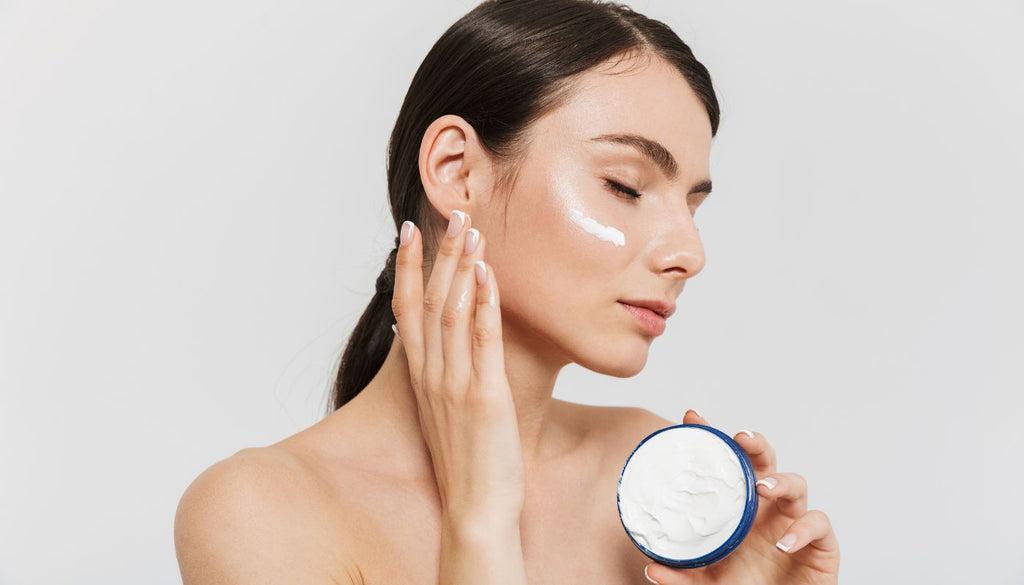
Quick Guide to Preservatives in Organic Skincare
- Benzoic acid and its salts
- Benzyl alcohol
- Salicylic acid and its salts
- Sorbic acid/potassium sorbate
- Sodium benzoate
- Potassium sorbate
- Phenethyl alcohol
- Glyceryl caprylate
- Sodium levulinate
- Benzoic acid
- Ethyl lactate
- BDIH from Germany
- Cosmebio from France
- EcoCert from France
- ICEA from Italy
- Soil Association from the UK
- ACO (Australian Certified Organic)
If you're wondering whether a preservative is certified organic, you can have a look at the Cosmos database, here. Enter 'preservative' in the function field, and you’ll be able to see a list of approved preservatives. NaTrue is another European certified organic and natural skincare label. You can also search on NaTrue's database, but they don't list the function of the ingredient, only the name. It's a little trickier to navigate, but still very useful.

Preservatives with commercial names
You may also see commercial names like:- Naticide
- Rosamox
- Aminat-G
All three of these are approved by EcoCert. Strictly speaking, you shouldn't see these in an ingredients list. All ingredients names should conform to the International Nomenclature of Cosmetic Ingredients (INCI). Naticide's INCI name is fragrance, so that's what manufacturers should list on their ingredients. But as fragrance isn't always well received by consumers, sometimes manufacturers will use the commercial name.
Other ingredients you may see
You may also see these ingredients in natural or organic products:
- grapefruit seed oil
- honeysuckle extract
- Rosemary extract
- Vitamin E
- phenoxyethanol
- sodium hydroxymethylglycinate
Ecocert doesn't approve these two. Phenoxyethanol scores a 2-4 in the EWG database. Sodium hydroxymethylglycinate scores a 5 in the EWG database, because it may release formaldehyde. It is derived from a natural source, but it's synthetic, not natural. Neither of these are ingredients that I would choose to use.
The preservatives you don't want in your skincare
Here's a quick list of preservatives to avoid in your skincare:- 2-bromo-2-nitropropane-1,3-diol (bronopol)
- BHT (butylated hydroxytoluene)
- C12-15 alkyl benzoate
- diazolidinyl urea
- disodium EDTA
- DMDM hydantoin
- EDTA
- formaldehyde
- imidazolidinyl urea
- methylchloroisothiazolinone (CMIT)
- methylisothiazolinone (MIT)
- Parabens: propylparaben, methylparaben, butylparaben, ethylparaben, isobutylparaben, isopropylparaben
- polyoxymethylene urea
- quaternium 15
- tetrasodium EDTA
Some ingredients listed as 'fragrance' or 'parfum' can also be hiding preservatives. If you choose certified organic skincare, you'll know that the fragrance used is okay.
Image: Depositphotos





